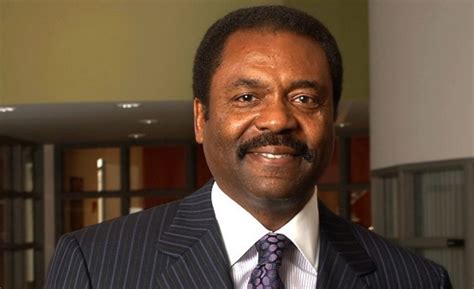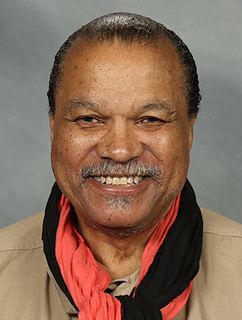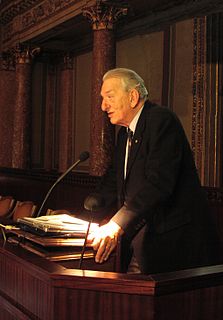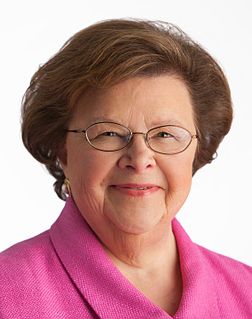A Quote by David Steward
Thelma and I are excited to work with UMSL around our shared passion for jazz and education and make this initial investment to establish the institute.
Related Quotes
There's a long list of investments that governments could and should be making. There is strengthening infrastructure, such as transport and communications; there is investment in education; there is investment in families, particularly putting measures in place that free women from having to make the choice between raising a family and work.
The president [of American research institute] can act as the CEO and make a firm decision about the long-term development of the institution, but he or she does so in constant consultation with the faculty. It may not always work this way, but the greatest advances occur when governance is truly shared.

































